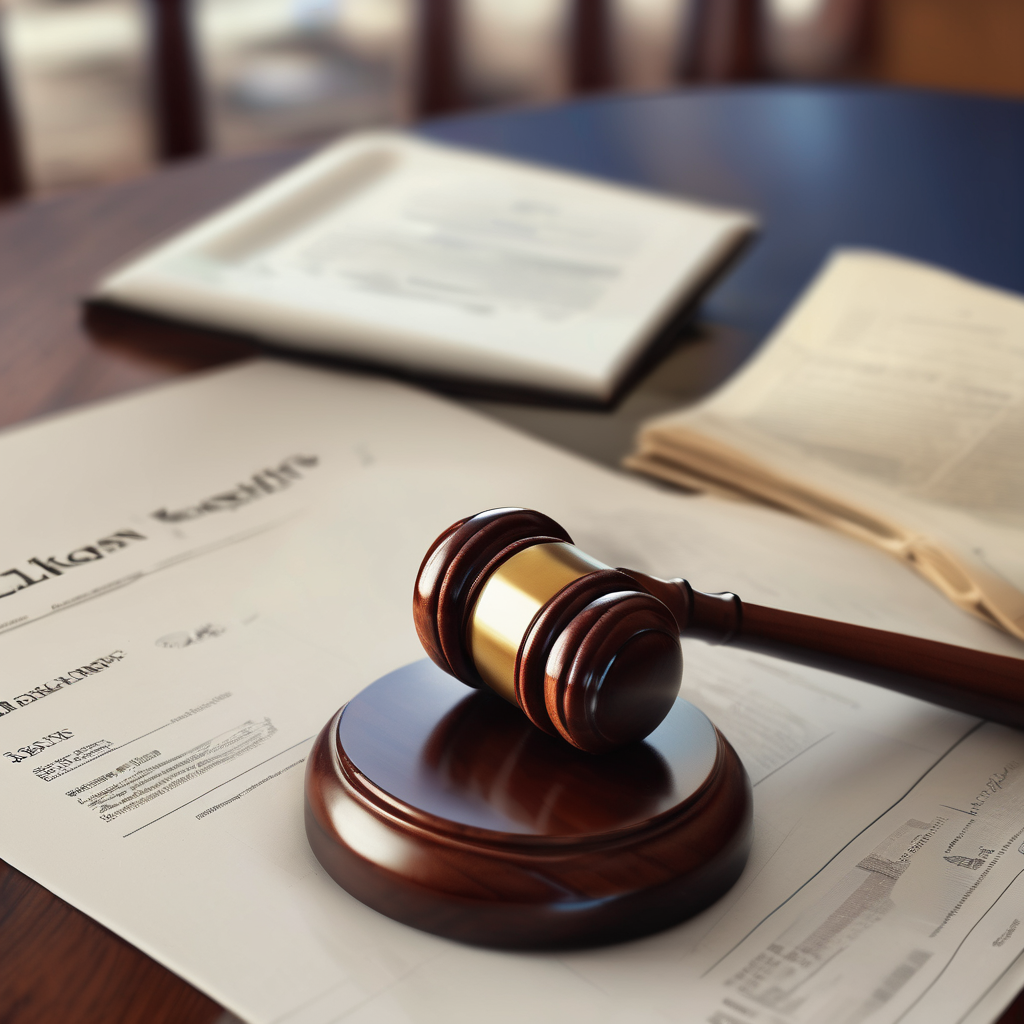William Wylie Clarke has been re-elected as the President of the Fiji Law Society, capturing a decisive 80 votes compared to opponent Dorsami Naidu’s 39. This victory was announced at the Fiji Law Society’s Annual General Meeting, reflecting strong endorsement of Clarke’s leadership and vision for the society.
Clarke, who is the Principal at Howards Lawyers, brings extensive experience as a commercial lawyer and governance expert. His academic credentials include a law degree from the Australian National University and an honours degree in Government from the University of Sydney. Notably, he has been a longstanding advisor to Westpac Fiji and has recently partnered with Andersen Global, enhancing his firm’s capabilities across the Asia-Pacific region. Clarke’s expertise in governance, compliance, and integrity has earned him regional recognition.
Upon re-election, Clarke expressed gratitude for the trust placed in him and outlined his commitment to focusing on pro bono legal services, upholding the rule of law, and modernizing the Law Society’s systems to better serve its members. His program aims to ensure that the Society not only supports its members effectively but also makes significant contributions to the broader legal community.
The incoming council features a diverse mix of expertise with Poonam Maharaj Wong taking the role of Vice President. The council members include Seruwaia Nayacalevu, Mele Rakai, Dilan Patel, Jotishna Nair, Arthi Swamy, and Jovilisi Liganivai, each bringing varied experience from litigation, commercial practice, family law, to governance.
This re-election comes at a critical time for the legal profession in Fiji. Wylie Clarke has previously emphasized the need for law graduates to explore broader career paths due to a saturated job market. The Fiji Law Society has been proactive in advocating for changes such as increasing the required experience for independent practice from three to five years and introducing a practice management and ethics course for new attorneys. These measures are intended to address the oversupply of lawyers and ensure that graduates are well-prepared for the realities of the profession.
Overall, Clarke’s leadership is poised to guide the Fiji Law Society through a phase of modernization and expanded influence, promising robust training and support for legal professionals while addressing the challenges of the current job market. His re-election symbolizes not only continuity but also a hopeful direction towards a more adaptable and resilient legal framework in Fiji.
